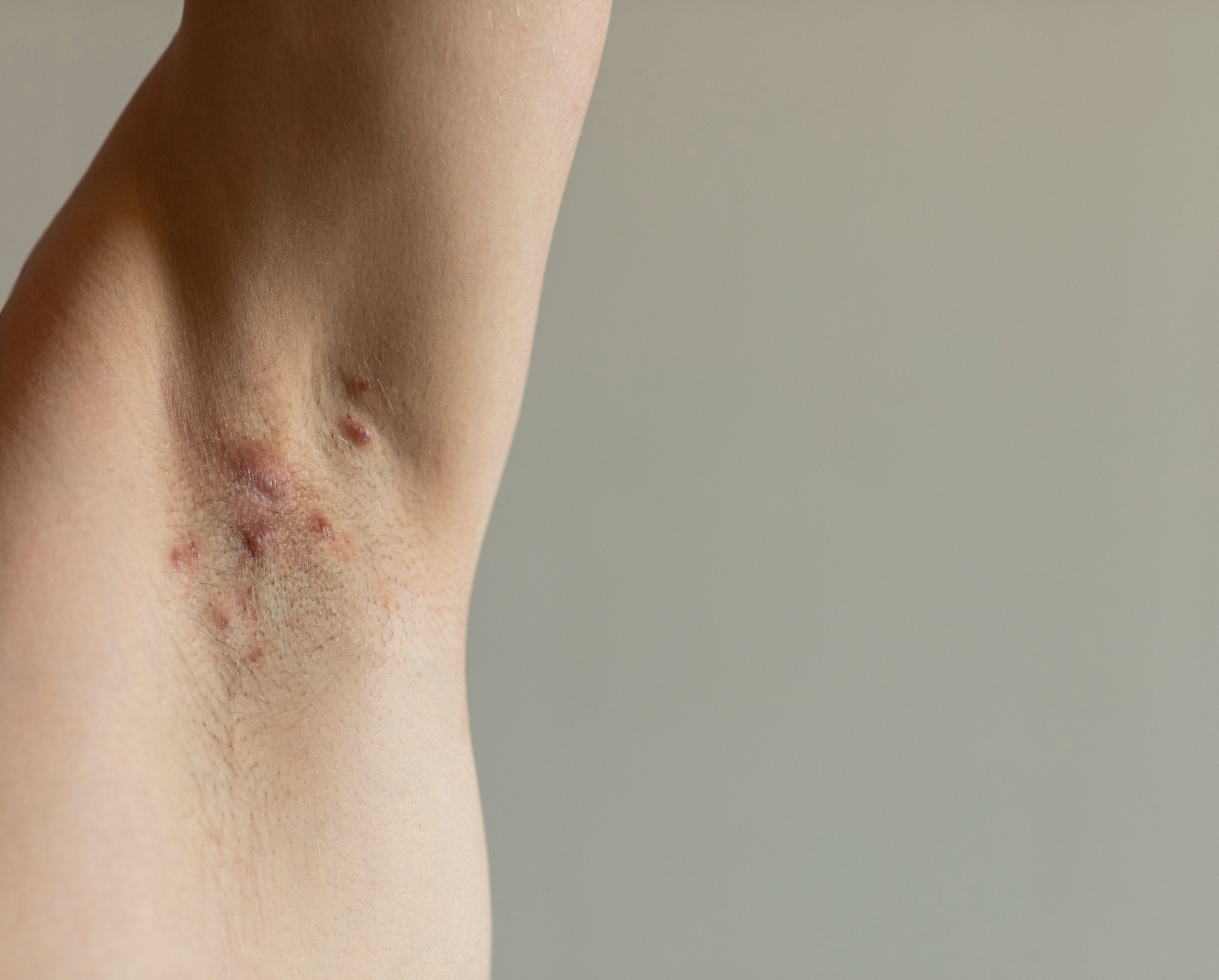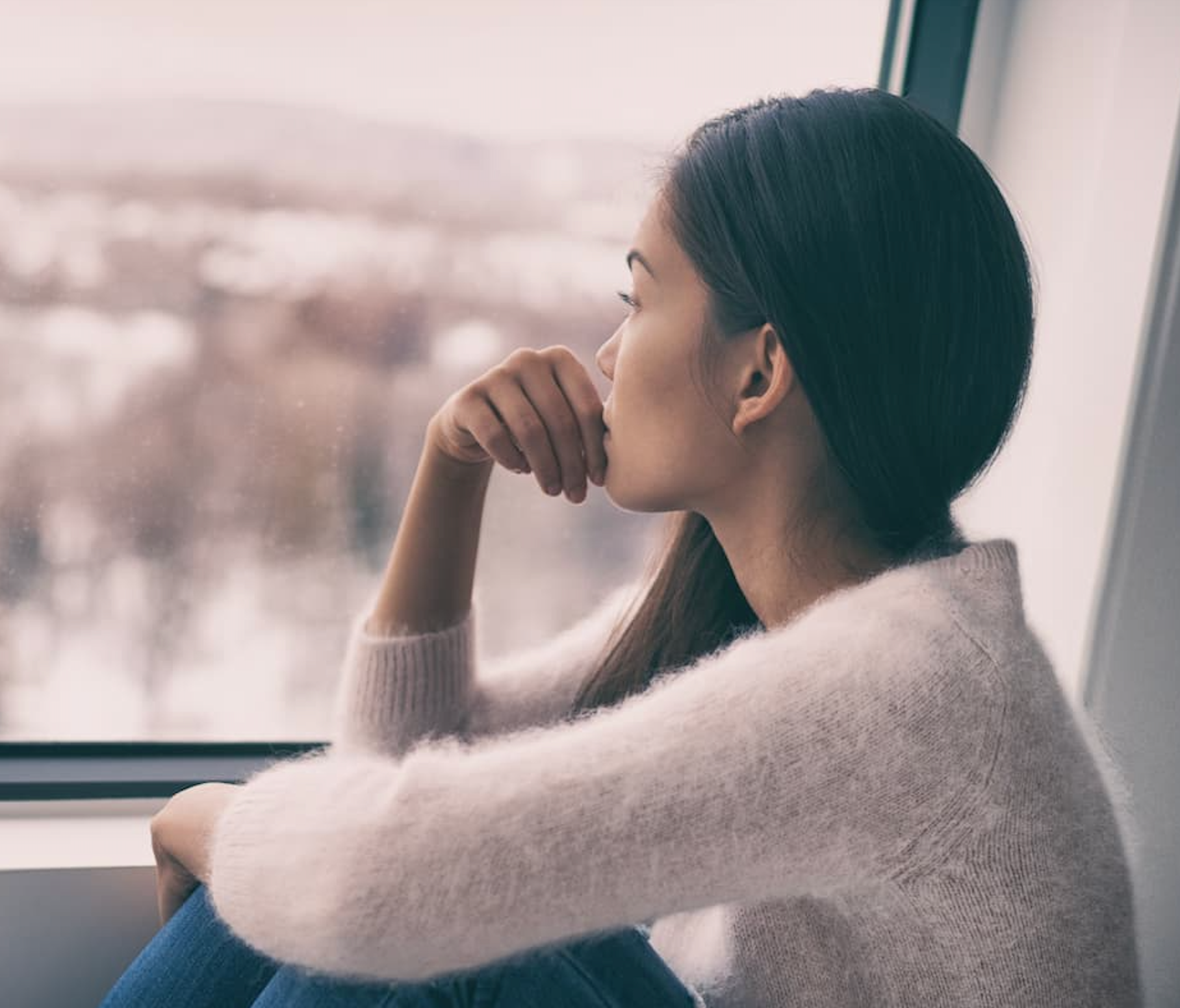
HS Isn’t Just Skin Deep: How Jasmine Manages Life With the Condition
Jasmine shares her journey with HS, highlighting the challenges, flares and coping strategies she’s learned over the years.
By
Lana Pine| Published on October 1, 2025
3 min read
Jasmine has lived with hidradenitis suppurativa (HS) since she was 19. She first noticed a golf ball–sized boil in her armpit and didn’t know what was happening. Over the years, HS has affected nearly every part of her daily life — from caring for her newborn to simply getting dressed or driving. In this conversation with The Educated Patient, Jasmine shares her journey, how she copes with flares and the advice she has for others navigating this challenging condition.
Jasmine, can you take us back to when you first noticed symptoms at 19? What was it like to go through that without knowing what was happening?
Jasmine: My first experience was like a golf ball-sized boil in my armpit. I was just scared — anyone with a lump worries about the worst, like cancer or tumors. I didn’t even know what HS was, so I was just scared in general, especially being so young.
What was it like when you finally got your diagnosis? Did you feel relieved?
Jasmine: I felt relieved to finally have a name for it, but it didn’t help much. It was discouraging going online and seeing the lack of resources and research on HS. There’s no cure, and not much information on how to manage day-to-day life. It was a little relief to know the name, but outside of that, it was still discouraging.
How did HS impact your daily life, like getting dressed, driving or socializing?
Jasmine: It affected nearly every aspect of life. After having my son, postpartum was the worst — my flares had disappeared during pregnancy but came back full force afterward. It was hard to pick up or feed my child. Flares in sensitive areas can even make driving difficult. It really affects day-to-day life when you just want to live normally.
How do you cope with unexpected flares?
Jasmine: Since there’s no cure, I try to take back little joys in my life — watching my favorite shows or enjoying foods I love. Even if I can’t do something physically, I try to bring happiness back in small ways. Isolation can hit hard during flares, so finding joy helps with mental health too.
What strategies or support systems help you manage HS physically and emotionally?
Jasmine: Physically, resting is key — our bodies need it to heal during flares. Mentally, sharing my story and connecting with others with HS helps a lot. Social media and community groups remind you that you’re not alone, and hearing others’ experiences makes you feel less isolated.
What message would you share with others experiencing HS but not yet diagnosed?
Jasmine: Speak up and tell your story to your doctor. If your doctor isn’t familiar with HS, ask for a referral to a dermatologist. You have to advocate for yourself to get proper care. Also, connecting with others online or in communities helps you realize you’re not alone, and that support makes a big difference.
This interview was edited for clarity. For more information about HS, visit HSTruths.com, an educational campaign that reveals the authentic, often hidden realities of living with this condition.

